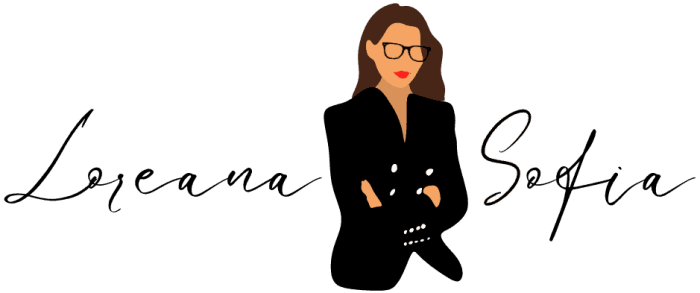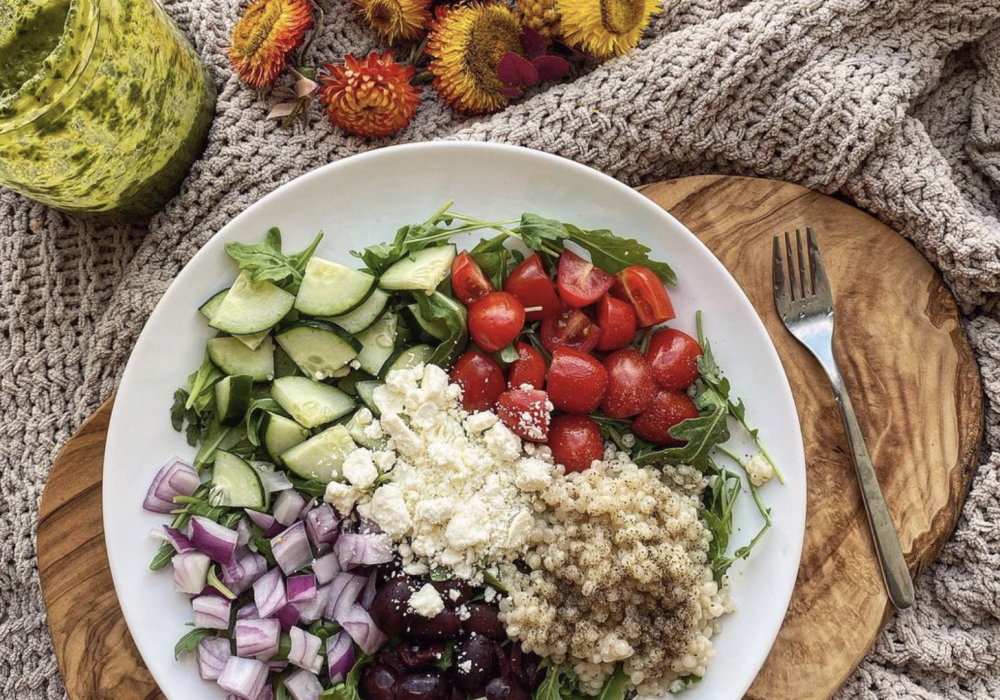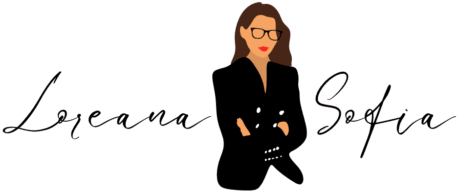You don’t want to gamble with the diet and nutrition advice that you’re receiving… the consequences can be dangerous. So here are 4 things to look out for.
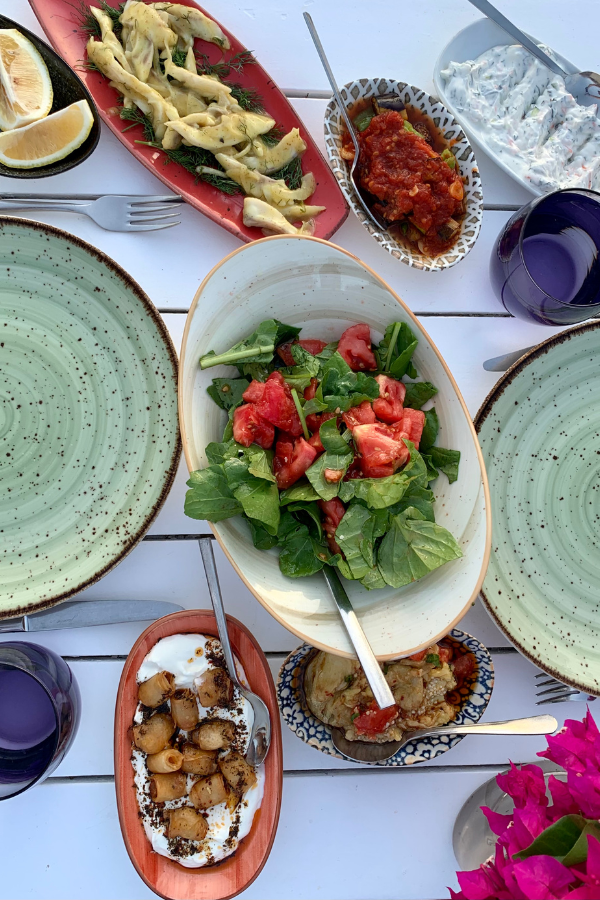
When I first started my fitness journey, I didn’t know my left from right. You could have told me that fish is super high in carbs (which it absolutely isn’t), and I would have believed you.
LET’S NOT LET THIS HAPPEN TO YOU. I know how much of a struggle it can be at the beginning to get it right. And a lot of people are unfortunately out there spreading misinformation… and if you fall for the wrong thing, it can definitely be dangerous.
This post is all about the signs you should look out for when first taking diet and nutrition advice. If any of these strikes a cord, run for the hills. Like seriously.
Signs of Bad Diet and Nutriton Advice
1. They tell you EXACTLY what you need to eat
I know this sounds contradictory so let me paint a picture.
Let’s talk about a scene that you’ve probably seen a million times on TV. Someone is drowning; they have been underwater for too long, deprived of oxygen. Prince Charming or James Bond or Indiana Jones or whatever swoops in and pulls them out of the water. What does the victim do? Gasp for air. For a solid 5 minutes, they are trying to catch their breath, inhaling more and more oxygen, more than they’ve ever had to before.
Moral of the story: depriving someone of something for too long will result in them wanting that something with a ravaging hunger, especially if it’s something they have been used to for a long time.
This is exactly what will happen if someone dictates exactly what you eat, cutting out the foods that you are used to eating. Except for any nutritionist who is treating someone for a medical condition or an Olympics competing athlete, no one should be telling you exactly what to eat.
A nutritionist is supposed to give you the tools that allow you to handle food in a healthy and sustainable way. In other words, they are supposed to teach you what they know (pass on the knowledge, if you will), not just tell you what to eat. Teach a man how to fish, right?
A nutritionist who tells you exactly what to eat might do more harm than good. It might make a client develop an eating disorder in the worse cases.
Say that you’ve been used to eating peanut butter on toast for breakfast every day for the past 10 years. Now comes a nutritionist who tells you no more peanut butter. This is what’s going to happen: you’ll be fine with it for maybe 10 days, and after you’ll find yourself eating a whole tub of peanut butter in one sitting. This is a simplified example, but the idea is applicable to any restriction.
Get yourself a nutritionist that gives you freedom in what you can eat, and doesn’t make you stick to a strict gram-per-gram food plan (unless you’ve both decided that it is the way to go, which sometimes it is). They could guide you, and tell you how much protein you should be eating… Help, recommendations, guidance, diet and nutrition advice is absolutely normal and expected.
2. They restrict certain food groups
Bouncing off from the above… If the diet and nutrition “advice” tells you to cut out any food group, run. Unless you’re a celiac, diabetic, or have any other dietary restrictions, you should not be told to stay away from any food group. I might sound like a broken record, but a proper nutritionist teaches you how to freely navigate any type of food, from kale to pizza. Most importantly, they teach you how to be sustainable in what you eat.
Let’s put it in context. Let’s say that your nutritionist tells you that you have to stop eating carbs. Can you honestly tell me that you’re capable of never ever eating pasta ever again? Or fries? Or fruits? Now replace “carbs” with anything else. If your answer is not an immediate “yes”, then that’s fine. If there’s any hint of “no”, then the plan is not right for you.
The only reason that you should cut out a food group (barring any dietary restrictions/allergies) is when you don’t like it. That’s all.
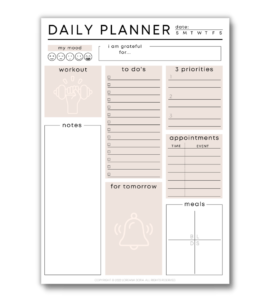
Want a free
DAILY PLANNER?
Start your day off by filling out this Daily Planner, and I can almost promise you that you’ll be significantly more productive. Fill out the form below and have the Daily Planner delivered straight to your inbox!
3. They give you the same plan week over week
Your life is not monotone. Some weeks, you’ll be very relaxed as your kids go to school and you took time off work and the nanny is doing everything in the house. However, some other times, you’ll have 17 big deadlines for work, the nanny cancelled last minute and the baby is teething.
Both scenarios require vastly different plans. If a nutritionist is not adapting the plan to either scenario… something is wrong.
Examples of changes are the following:
The weeks that you’ll go through more stress, whether it’s physical or emotional, then the calories should go up. I specify physical or emotional because both types of stress – even if you don’t feel one as much as the other – are stress. Such activities can be like moving, taking a flight or a series of exams.
- Speaking of stress, being in a calorie deficit is a type of stress on your body. You are asking it to live off of less than what it needs. If you’ve been in a constant calorie deficit for 8 weeks (for example), you should get a diet break on the ninth and increase your calories. You cannot diet yourself to the ground.
- Say that this week, you’re going to a wedding. This means there’s also the bachelorette party, the rehearsal, the reception, the after-party… basically, a lot of scenarios where controlling what you eat is harder. Until now, you’ve been tracking your daily intake. Therefore, for the wedding week, the plan will be about the weekly intake, to allow you some breathing room to enjoy and have fun! Also… the calories should go up.
The list goes on… but what I’m saying is that the plan should be entirely adaptable to your life. Let me repeat that: entirely.
Nutrition Coaching
Train hard. Eat well. Build your body one day at a time.
Train hard. Eat well.
Build your body one day at a time.
1-to-1 coaching. A sustainable nutrition plan. A lifetime of knowledge.
4. They do what you ask them to do, no matter what
This might sound counter-intuitive.
Basically, a proper nutritionist is supposed to gage where you are in your health journey. Following that, they are supposed to plan a road-map for you, each step being a small and realistic improvement to your current state.
For the majority of people, getting your losing body fat is the top objective. In order for it to be lasting, it must be accomplished in a healthy way. The way to do this is by dropping calories by about 300-500 per day.
However, what happens if the client is already dangerously under-eating? Dropping the calories even further can cause hormonal and metabolic harm. In this case, sound diet and nutrition advice would be to go into a reverse diet, whereby the clients calories would slowly increase week by week until reaching a suitable maintenance level.
As a result, the client would not drop body-fat, contrary to what they wanted. Instead, they would maintain the same weight, and maybe gain some. Only after this process will they be able to go into a fat-loss phase, but this time done in a healthy way.
These four signs of bad diet and nutrition advice might be tough to identify individually, especially if you’re new to this. Therefore, it is important to interpret them all together.
Another way in which you can judge if the advice you’re getting is good or not is this: “if someone I loved would be doing this, would I encourage them to continue or to stop?” That should answer your doubts.
Let me know should you have further questions.
xx LS
Share this post
